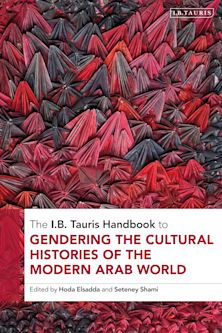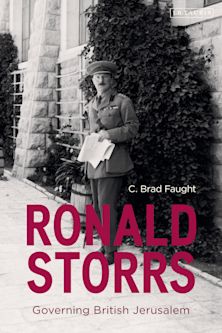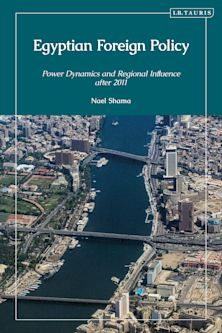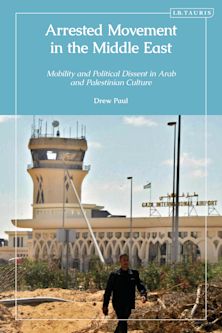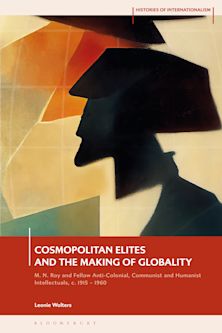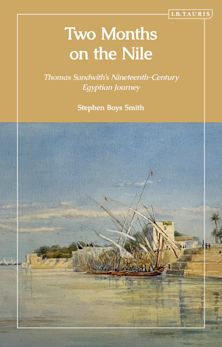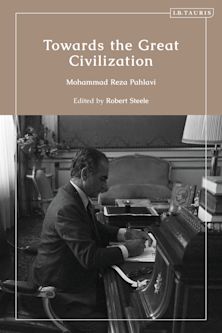Genealogical History in the Persianate World
Genealogical History in the Persianate World
Description
Scholarship on the Muslim world has recently begun to pay increased attention to non-literary genres of documentation as sources for historical research.
Genealogical writings are one form of such documentation that has demonstrated significant potential for addressing a wide range of research concerns, particularly for topics that receive little attention in historical chronicles and other state-centered narrative sources. However, while genealogical documentation has received some attention in scholarship on the Arab world, it remains mostly unstudied in scholarship on Persianate societies. The chapters in this book offer reflections on theoretical and methodological issues concerning the study of genealogical documentation, combined with case studies based primarily on previously unpublished, unstudied source materials. The topics explored span the full breadth of the Persianate world, from Anatolia to the Ferghana Valley in Central Asia to the Gujarat region of India, utilizing sources dating from the fourteenth to the twentieth century. The book will be of significant interest to scholars and students of Islamic history and the Persianate ecumene as well as readers in other fields interested in comparative research demonstrating the use of genealogical documentation as historical sources.
Table of Contents
List of Contributors
Acknowledgments
Note on Transcription and Style
List of Abbreviations
Introduction: The Culture and Construction of Genealogical Documentation in the Persianate World (Daniel Beben and Jo-Ann Gross)
Part I: Genealogy, Translocality, and Narratives of Origin in Early Modern Persianate Societies
Chapter One: Beyond Sayyid-hood: Genealogy and Narrative in the Nasab-nama of Malik Jahanshah and the Isma?ili Tradition of Badakhshan (Daniel Beben, Nazarbayev University)
Chapter Two: Solomon's Shadow: The Politics and Poetics of Baloch Genealogical Traditions (Ahmed Y. AlMaazmi, Princeton University)
Chapter Three: The Nasab-namas of Zibak: Connectivity between Sacred Lineage and Conversion from Zibak to Hunza (Jo-Ann Gross, The College of New Jersey)
Part II: Genealogy as Discourse and Praxis
Chapter Four: The Samanid File: Embedding Genealogy in 16th-Century Bukhara (Florian Schwarz, Austrian Academy of Sciences)
Chapter Five: Crossing the Arab/Persian Divide in the Gulf: Persianized Arabs, Arabized Persians, and the Politics of Persianness (James Onley, Qatar National Library)
Part III: Sufism and Genealogy
Chapter Six: An A?rari Genealogical Compilation Spanning the Sixteenth, Seventeenth, and Eighteenth Centuries (Devin DeWeese, Indiana University)
Chapter Seven: Where Genealogies of Texts Meet Genealogies of Saints: Concretizing Imami Sunni Sufism and Female Leadership in the Afghan Mujaddidi Lineage (Waleed Ziad, The University of North Carolina at Chapel Hill)
Chapter Eight: Sacred Genealogies of Khwajas in the Ferghana Valley of the 19th Century (Yayoi Kawahara, University of Tokyo)
Index
Product details
| Published | 26 Jun 2025 |
|---|---|
| Format | Ebook (Epub & Mobi) |
| Edition | 1st |
| Extent | 320 |
| ISBN | 9780755649815 |
| Imprint | I.B. Tauris |
| Illustrations | 25 bw illus |
| Series | British Institute of Persian Studies |
| Publisher | Bloomsbury Publishing |
Reviews

ONLINE RESOURCES
Bloomsbury Collections
This book is available on Bloomsbury Collections where your library has access.












